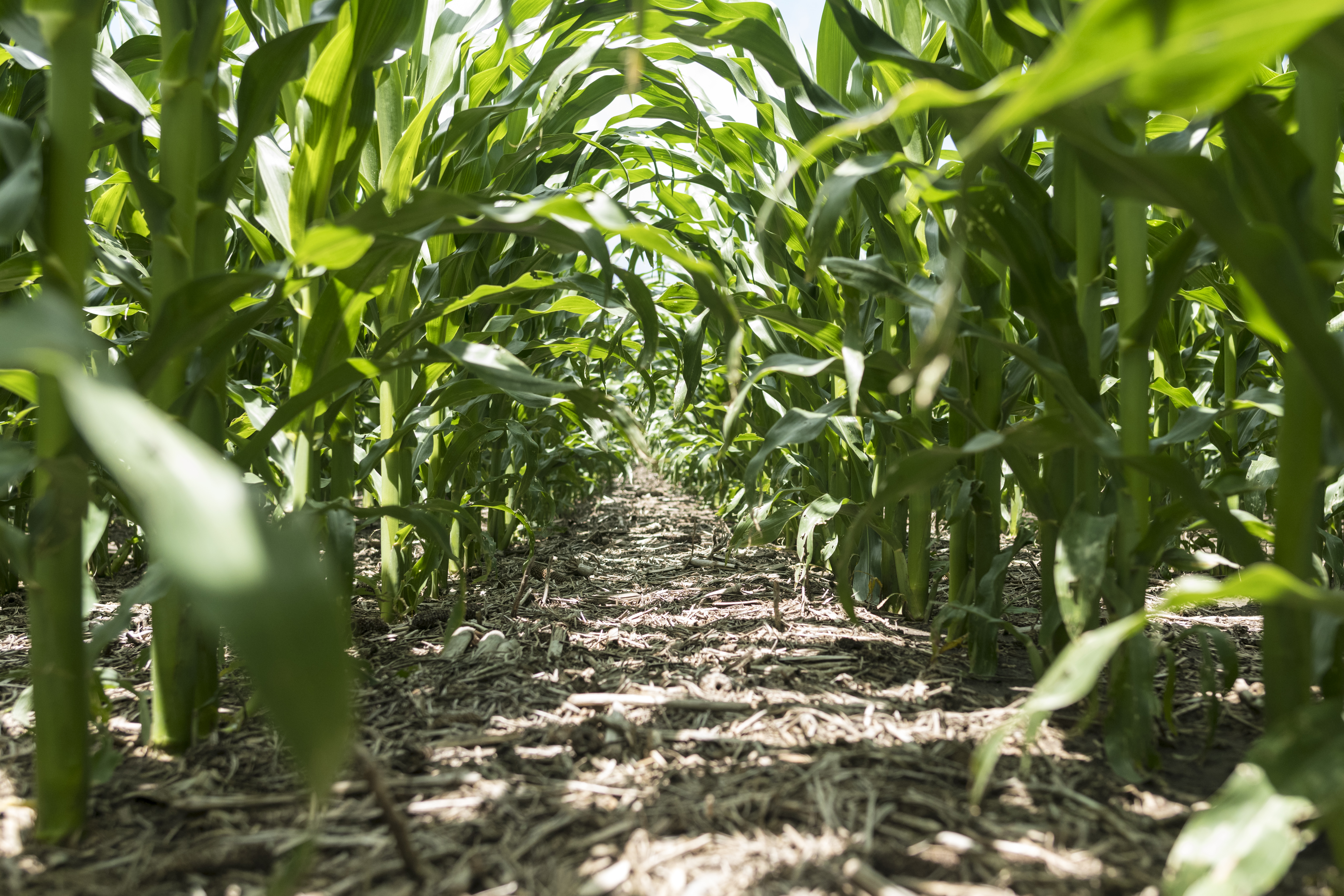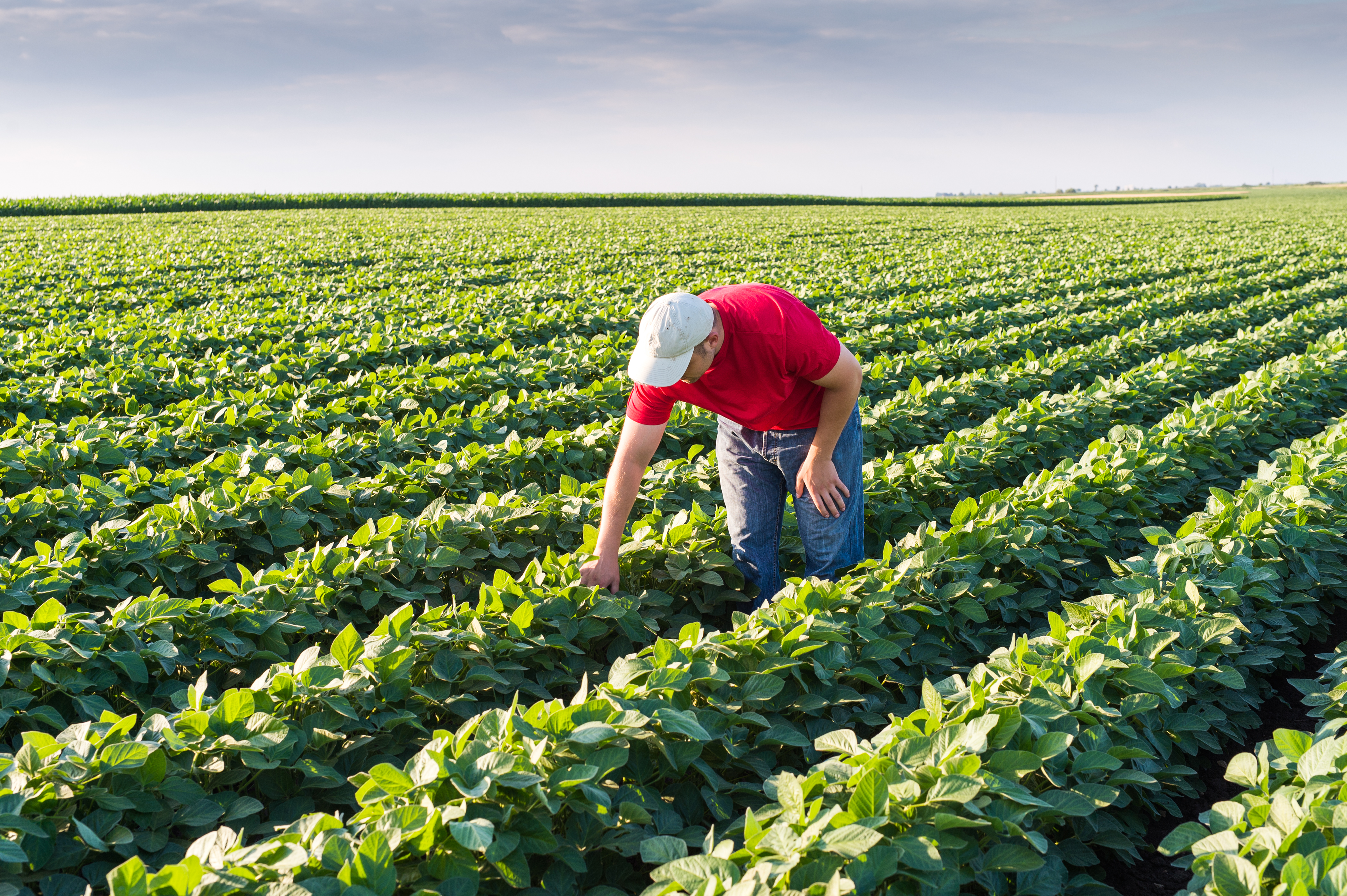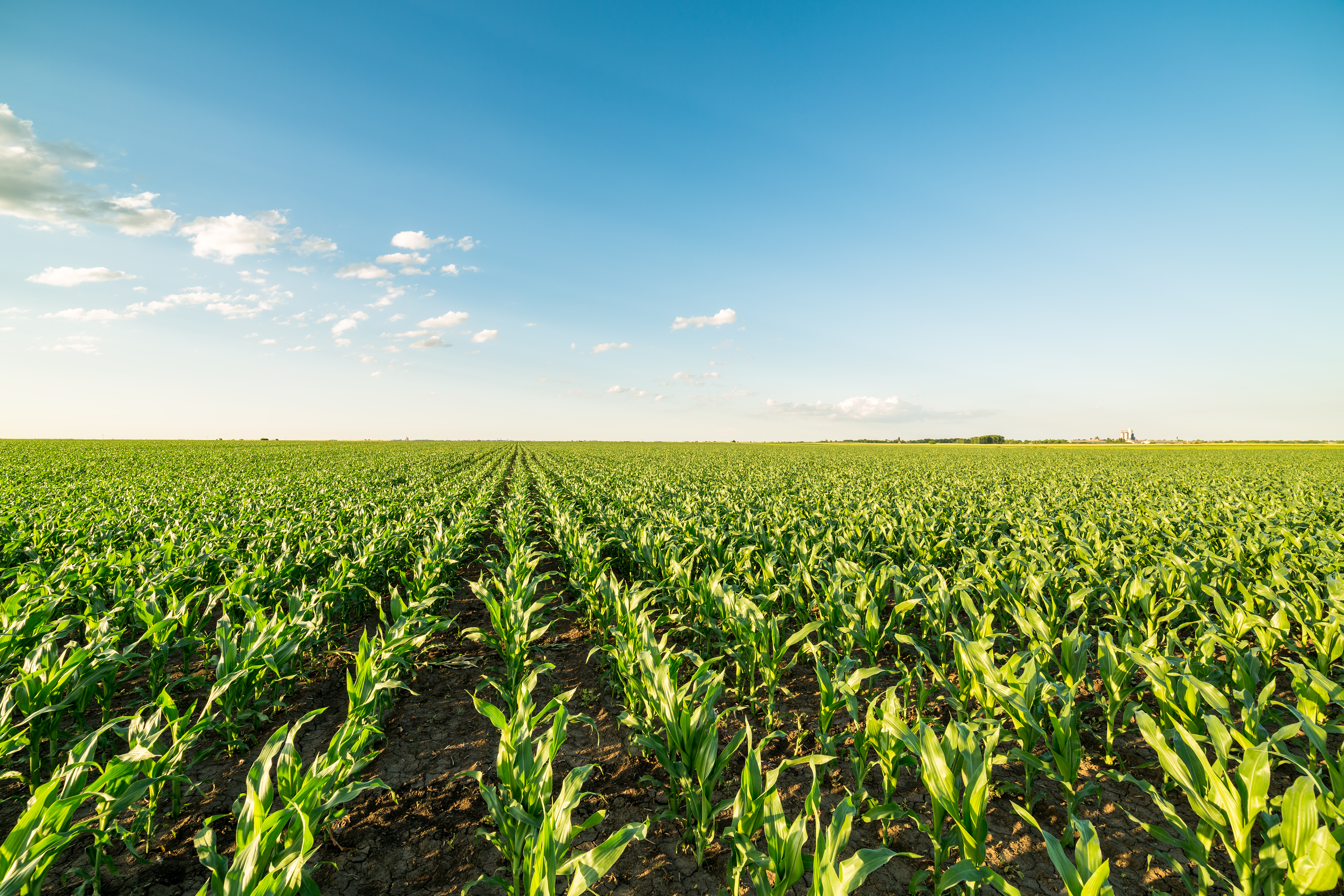Norder Supply assists growers in achieving maximum net return per acre with Spot On Scripts, including soil management. Gypsum is a soft mineral of calcium sulfate and is an agricultural fertilizer source and soil amendment. Gypsum is a great source of calcium and sulfur when used as a fertilizer. Gypsum can also be an effective tool in fixing poor soil drainage, the result of high sodium concentrations in the soil. Unfortunately, there is inaccurate information often circulated about what gypsum can do and how it works.
First, gypsum will not lower soil pH, though it is often used on high pH soils. High pH soils with excess lime have calcium that is unavailable to plants because the calcium is bound with carbonate. Adding gypsum will add calcium to the soil available for plant uptake. Gypsum will not raise soil pH either. A common misconception is that calcium in gypsum and ag lime will raise pH when applied to low pH soils. This is incorrect because it is the carbonate, not the calcium found in ag lime that raises soil pH.
Gypsum is a proper amendment for sodic soils. Sodic soils have high levels of sodium (Na+) that binds with the clay particle of the soils. These sodium clay particles dissolve and eventually fill the pore spaces of the soil, which means water cannot percolate through the soil, and these soils stay wet for long periods of time. Tillage before planting to dry out these areas often does more damage than good. Gypsum added to the soil will displace sodium with calcium on the Cation Exchange Sites. The sodium will eventually leach through the soil and the rebuilding of soil structure can begin.
Not all soil drainage problems can be remedied with gypsum applications. Soil structure damaged with tillage and compaction will not benefit from gypsum applications. Gypsum is not a suitable alternative to tile drainage on low lying, heavy clay soils.
Caution should be used when applying gypsum to low pH, sandy soils. Gypsum applied to these soils can lead to plants becoming deficient in magnesium. Magnesium is an essential plant nutrient. Low pH, coarse textured soils are usually lower in plant available magnesium. There are claims that there is an ideal calcium to magnesium ratio, but these claims are unsubstantiated as long as exchangeable calcium exceeds exchangeable magnesium. In rare cases, magnesium concentrations can be higher than calcium in soils developed from minerals high in magnesium, and calcium fertilizer may be necessary to limit plant deficiency.
Gypsum is a valuable tool to farmers when used correctly. Gypsum can be used as a cost effective fertilizer for calcium and sulfur and is a necessary amendment on sodic soils. Growers should consult with experienced agronomist first before applying gypsum to any soil.



